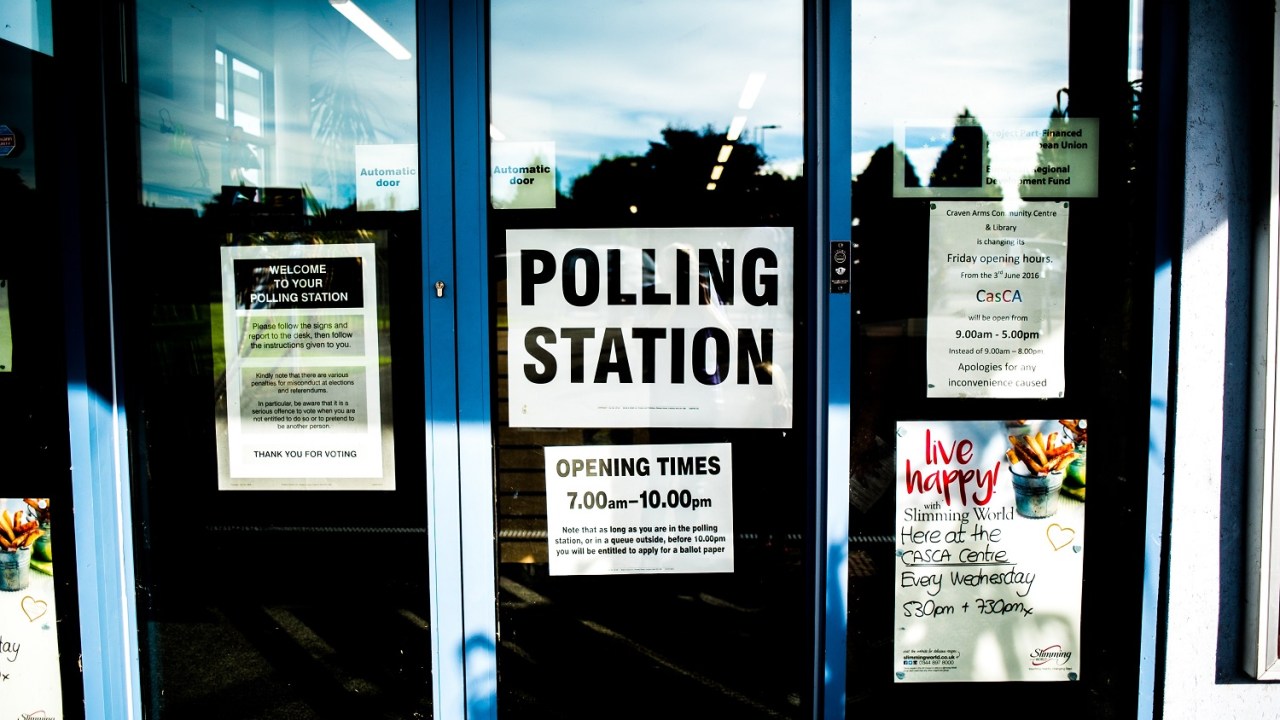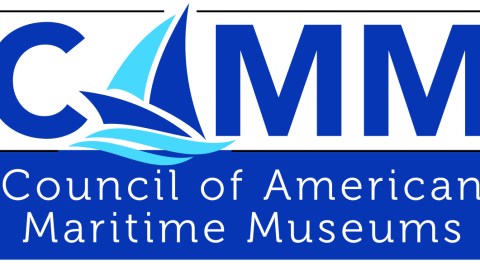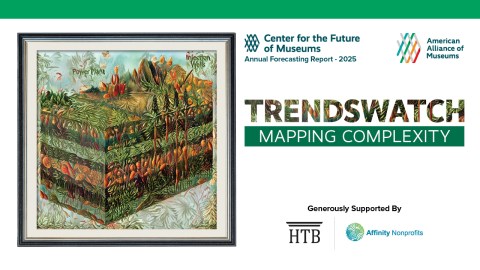
Did you know that museums and other nonprofits CAN engage in advocacy and lobbying? In fact, that they are encouraged to do so, and to participate in nonpartisan election activities? There’s a variety of important opportunities for nonprofit organizations, including museums, to engage in the democratic process during the year and right through election season.
We know that several museums serve as polling places and host naturalization and citizenship ceremonies. But we also get many questions about other aspects of the democratic process, including advocacy, lobbying, elections, voter registration and engagement, and what museums can and cannot do. Just in time for this fall’s election season, we’ve expanded and updated our comprehensive Nonprofit Voter Resources.
Here are answers to some of the most frequently asked questions, with a sampling of additional information now available on our website linked throughout.
Can museums and nonprofits advocate and lobby?
In short, yes you can!
- Yes, museums and nonprofit organizations CAN advocate.
- Yes, museums and nonprofit organizations CAN lobby.
- Museums and nonprofit organizations CANNOT participate in activities known as political intervention, including political campaigns and endorsing or opposing any candidate for office.
Outside of specifically political activities, museums and nonprofits can advocate and lobby to educate legislators about issues that impact their field and encourage legislators to take favorable positions on those issues. Nonprofits can freely engage in advocacy, and federal law provides generous limits within which nonprofits can actively lobby on issues that matter to them.
Good to know. So what’s the difference between advocacy and lobbying?
Advocacy is educating legislators and other covered officials about your work & what your field and organization does.
Grassroots Lobbying is encouraging staff or advocates to ask their legislators to take a specific position or action on a specific issue.
Direct Lobbying is asking specific legislators to take a specific position or action on a specific issue.
Political campaign intervention is when a nonprofit organization or representatives of the organization directly or indirectly participate in any political campaign on behalf of (or in opposition to) any candidate for elective public office. Any political campaign activity or intervention in favor of or in opposition to any candidate for elective public office is a violation of the ban on political campaign intervention (see more from the IRS). This activity is strictly prohibited and could result in the loss of the nonprofit’s tax exempt status.
Find additional information on advocacy vs. lobbying from Independent Sector.
What can museums & nonprofits do before elections and on Election Day?
Excellent question! Your museum or nonprofit can do voter registration drives, voter engagement, publicize that Election Day is coming and share information about where to register, registration deadlines and other voter information. On Election Day your museum can serve as a polling place, encourage your staff to vote, and provide flexible schedules to allow staff to make it to the polls. Learn more in our Guide to Election Year Advocacy.
In addition, Nonprofit Vote and Bolder Advocacy each provide a “permissible activities” checklist.
What are nonprofit board members allowed to do?
While nonprofit organizations are prohibited from supporting or opposing candidates for public office (“campaign intervention”), this prohibition does not apply to the activities of nonprofit board members when they are acting in their individual capacity. Learn more about what board members can and cannot do in Bolder Advocacy’s Board Members and Election-Year Activities.
What are nonprofit staff allowed to do?
Nonprofit staff do not give up the right or privilege to vote or fully engage in the political process just because they work for a nonprofit. But they must do so on their own time, with their own resources. Nonprofit Vote provides this brief, this Power Point and this webinar with guidelines for how nonprofit staff can keep their work and personal political activity separate.
What are the guidelines for hosting candidates and engaging with campaigns?
While public charities are prohibited from supporting or opposing a candidate or a political party, this does not mean that they must cut off all contact with elected officials and candidates during an election year. Nonprofit Vote shares this brief on Working with Candidates on a Nonpartisan Basis and this Bolder Advocacy Hosting Candidates at Charitable Events fact sheet addresses appearances involving a single candidate.
Nonprofit organizations may also continue to engage in education and advocacy to promote their issues during the election season. Learn more about how nonprofits can comment on candidates and campaigns during an election year.
Does it matter if nonprofits and their staff participate?
Every vote matters! Nonprofit voters – be that the tireless staff of museums and other nonprofit organizations or the voters that museums and other nonprofit organizations serve – have an important voice that deserves to be heard.
As our friends at Nonprofit Vote put it:
Does your museum engage in the democratic process throughout the year? Please let us know how.
You can find all of the resources noted here and more on our updated Nonprofit Voter Resources page.
Check it out and share widely!
#SpeakUpforMuseums #museumsadvocacy
*(This blog post and linked resources are provided for informational purposes only and do not serve as formal legal advice. It’s always recommended to consult your own legal counsel with specific questions about you or your museum’s activities.)







